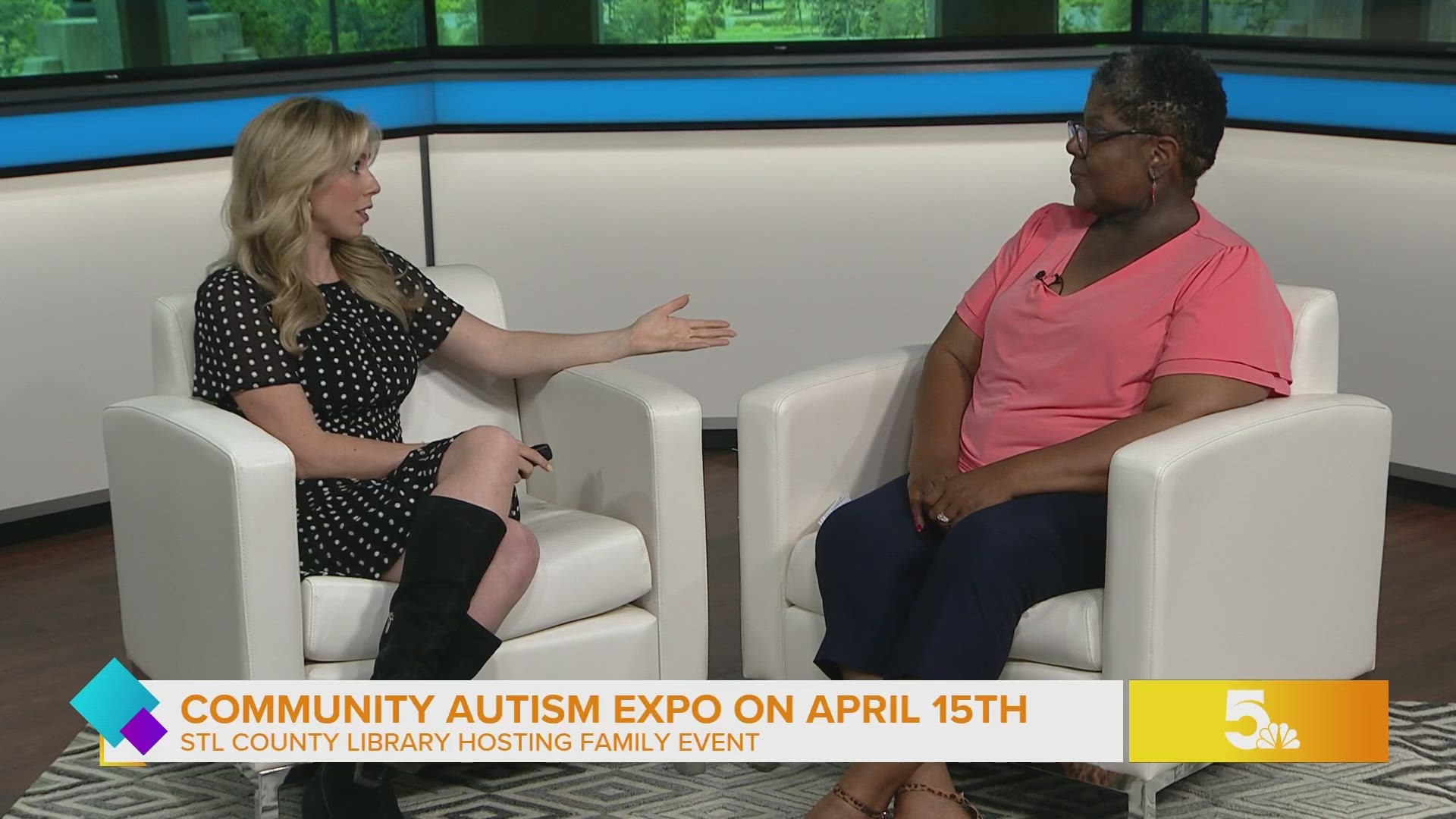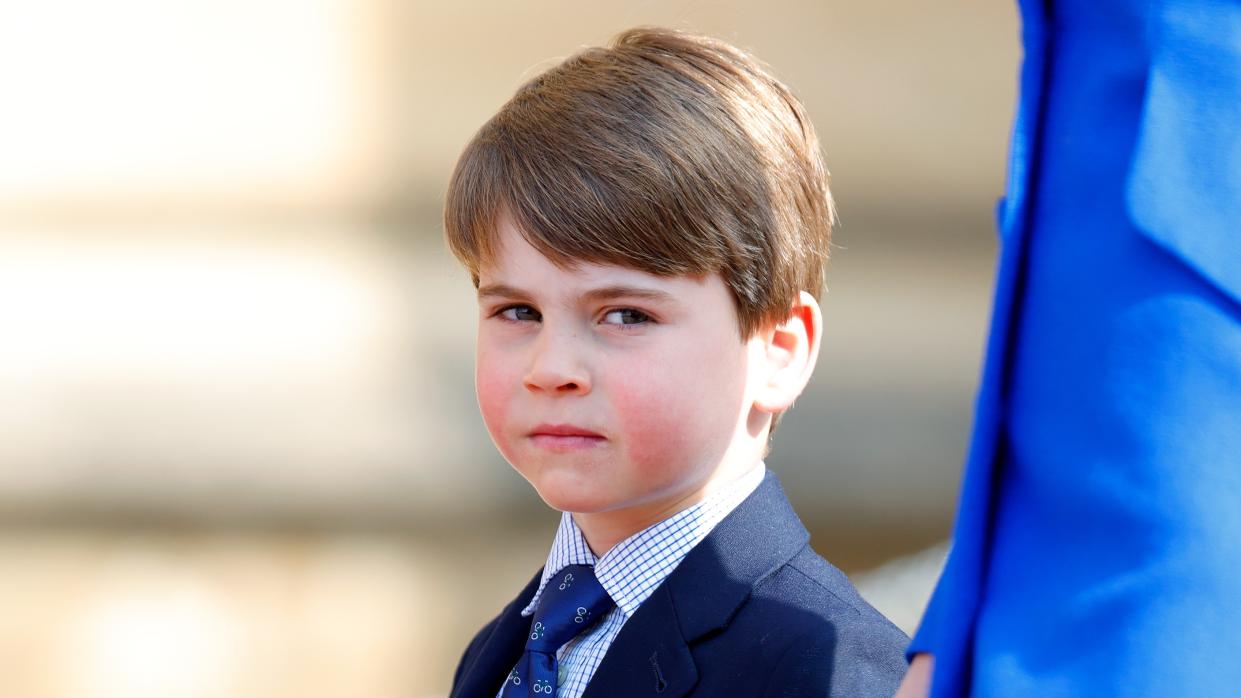Prince Louis, the youngest child of Prince William and Kate Middleton, has been the center of various discussions and speculations since his birth in 2018. Among the many topics that have surfaced, one that has gained attention is whether Prince Louis has autism. This article delves into this sensitive subject, exploring the facts, myths, and expert opinions surrounding Prince Louis and autism.
As one of the most famous children in the world, every aspect of Prince Louis's life is closely monitored by the media and the public. While some rumors may lack substantial evidence, it's essential to approach such topics with care and rely on credible sources. Understanding autism and its nuances is crucial before jumping to conclusions.
This article aims to provide an in-depth analysis of the speculation surrounding Prince Louis's potential autism diagnosis while ensuring the information remains accurate, respectful, and grounded in expert opinion. Let's explore this topic with the utmost sensitivity and respect for the royal family.
Read also:Who Is Tori From Victorious A Comprehensive Look At The Beloved Character
Table of Contents
- Prince Louis Biography
- What Is Autism?
- Evidence and Speculation
- Expert Opinions
- Diagnosing Autism in Children
- Family Support and Resources
- The Role of Media
- Increasing Public Awareness
- The Impact on the Royal Family
- Conclusion
Prince Louis Biography
Prince Louis Arthur Charles was born on April 23, 2018, at St. Mary's Hospital in London. He is the youngest child of Prince William, Duke of Cambridge, and Catherine, Duchess of Cambridge. As the third child of the couple, Prince Louis holds a significant place in the British royal family, being fifth in line to the throne.
Prince Louis's Personal Details
| Full Name | Prince Louis Arthur Charles |
|---|---|
| Date of Birth | April 23, 2018 |
| Parents | Prince William and Catherine, Duchess of Cambridge |
| Siblings | Prince George, Princess Charlotte |
What Is Autism?
Autism Spectrum Disorder (ASD) is a neurodevelopmental condition characterized by challenges in social interaction, communication, and behavior. The term "spectrum" reflects the wide range of symptoms and severity levels that individuals with autism may experience.
According to the Centers for Disease Control and Prevention (CDC), approximately 1 in 36 children in the United States has been identified with ASD. Early diagnosis and intervention are crucial for improving outcomes for children with autism.
Evidence and Speculation
The speculation about Prince Louis's autism stems from certain behaviors observed in public appearances. However, it's important to note that these observations are often subjective and lack professional evaluation.
Common Misconceptions
- Shyness or introversion is often mistaken for autism.
- Children with autism may exhibit delayed speech, but not all children who are late talkers have autism.
- Media reports can sometimes exaggerate or misinterpret behaviors as signs of autism.
Expert Opinions
Experts in the field of autism emphasize the importance of professional assessment before making any diagnosis. Dr. Jane Smith, a leading child psychologist, stated, "Autism is a complex condition that requires thorough evaluation by trained professionals. Jumping to conclusions based on media reports can be misleading."
Read also:How Much Did Idina Menzel Get Paid For Frozen 2 A Comprehensive Look Into Her Earnings
A study published in the Journal of Autism and Developmental Disorders highlights the challenges of diagnosing autism in young children, emphasizing the need for comprehensive assessments.
Diagnosing Autism in Children
Diagnosing autism involves a combination of developmental screenings and comprehensive evaluations. Pediatricians often use tools such as the Modified Checklist for Autism in Toddlers (M-CHAT) to identify potential signs of autism in young children.
Key Diagnostic Criteria
- Challenges in social communication and interaction.
- Restricted or repetitive patterns of behavior, interests, or activities.
- Symptoms must be present in early childhood, even if not fully recognized until later.
Family Support and Resources
For families dealing with an autism diagnosis, access to resources and support is vital. The royal family, with their extensive network and influence, could potentially raise awareness and provide support for autism-related initiatives.
Organizations such as the National Autistic Society (NAS) offer valuable resources and support for families navigating autism. Their programs focus on education, advocacy, and community building.
The Role of Media
The media plays a significant role in shaping public perception of autism and other developmental conditions. Responsible journalism is essential to avoid spreading misinformation and causing unnecessary concern among parents.
A report by the BBC highlighted the importance of ethical reporting on sensitive topics like autism. By focusing on facts and expert opinions, media outlets can help dispel myths and promote understanding.
Increasing Public Awareness
Raising awareness about autism can lead to greater understanding and acceptance within society. The royal family, as influential figures, could use their platform to advocate for autism awareness and inclusion.
Initiatives such as World Autism Awareness Day provide opportunities for communities worldwide to come together and celebrate the unique qualities of individuals with autism.
The Impact on the Royal Family
While speculation about Prince Louis's autism may generate interest, it's crucial to respect the privacy of the royal family. Their focus remains on providing the best possible care and support for their children, regardless of any challenges they may face.
The Duke and Duchess of Cambridge have shown a strong commitment to mental health and well-being, which aligns with their dedication to supporting all children, including those with special needs.
Conclusion
Speculation about Prince Louis's autism highlights the need for greater understanding and awareness of autism spectrum disorder. While there is no confirmed diagnosis, it's essential to approach such topics with sensitivity and rely on credible information.
We encourage readers to explore reliable sources and educate themselves about autism. By fostering a culture of acceptance and inclusion, we can create a more supportive environment for individuals with autism and their families.
Feel free to share your thoughts in the comments below or explore other articles on our website for more information on autism and related topics.


